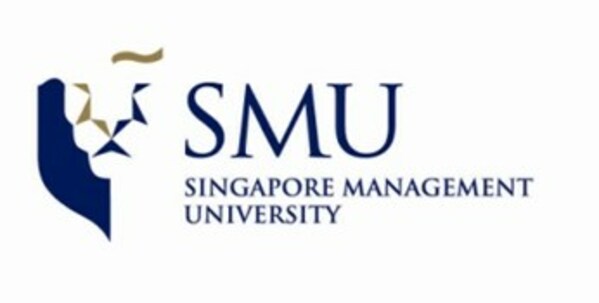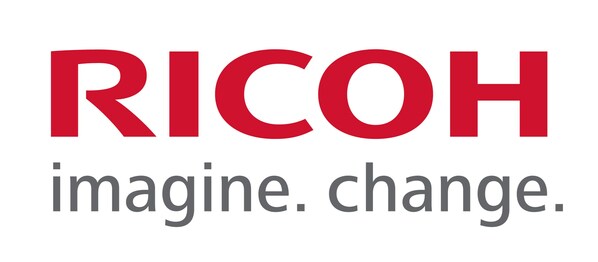 |
BERLIN and SINGAPORE, Sept. 19, 2023 /PRNewswire/ -- Formo, Europe's leading precision-fermentation company, has partnered with the Singapore Management University (SMU) to examine consumer demand for a new class of products - precision-fermentation egg consumers products.
The study 'Not getting laid: consumer acceptance of precision fermentation made egg' published in Frontiers, a peer-reviewed journal and open science platform, was conducted by Formo Bio GmbH researcher Oscar Zollman Thomas, and SMU's Professor of Communication Management Mark Chong, Professor of Psychology Angela Leung, research fellow Tricia Marjorie Fernandez and Psychology PhD student Shu Tian Ng.
They surveyed 3,006 from across three continents in Germany, USA and Singapore to assess consumer demand, demographic predictors and motivating factors behind the embrace of an egg product made without chickens, instead using proteins produced by bio-designed microbes.
The debut of a precision-fermentation egg product marks a widened application of the company's protein production platform, demonstrating the company's ambition, and abilities to tackle ethical bottlenecks beyond dairy. An estimated 60% of the world's chickens reside in factory farms, thus the impetus Europe & Singapore, 19 September 2023 (Tuesday) – to create acceptable replacements is critical, with demand growing from both consumers and industrial food manufacturers for ethical, functional alternatives.
The findings of Formo's research suggest that lab-brewed egg products are likely to find an enthusiastic market, with a substantial percentage (51% to 61%) of participants expressing a willingness to try the products. Interestingly, those consuming organic eggs and plant-based eggs displayed the highest willingness to embrace this new class of products.
While using breakthrough tech to tailor-programme microbes, Formo's brewing of proteins with precedent of consumption in the EU means such products will be able to imminently debut on markets, with ingredients considered non-novel under EU regulation. European consumers will be able to purchase precision-fermentation brewed eggs as soon as this year.
The reasons for adopting such products varied across the three countries. In Germany, participants cited animal welfare as a major factor influencing their interest. In Singapore and the USA, the main drivers were health aspects, as well as curiosity.
"This research demonstrates an appetite for precision fermentation made products, such as lab-brewed eggs, and that consumers are ready to both recognise the flaws of industrial egg production and adopt alternatives," said Oscar Zollman Thomas, lead author of the study.
"Cellular agriculture has the potential to revolutionise the way we produce and consume protein, addressing the environmental and ethical concerns associated with traditional animal agriculture," said Prof Mark Chong, SMU's lead researcher on the project. "Seeing appeal across the continents demonstrates cellular agriculture's capacity to create not a localised, but a global food system shift," he added.
- End -
About Formo - www.formo.bio
About Singapore Management University – www.smu.edu.sg
What are lab-brewed eggs?
Lab-brewed eggs are egg products with the same flavour and functionality as conventional eggs, but created without chickens. The product has the form of beaten eggs, with the crucial protein components produced by microbes, through precision-fermentation, in large brewery-like facilities. Precision fermentation is the process of harnessing microbe hosts to produce specific ingredients such as fats or proteins. This is done through reprogramming the DNA of microorganisms and then fermenting them in large brewery-style facilities. Precision fermentation allows for the production of functionally identical products to those produced by animals, or completely new proteins.









